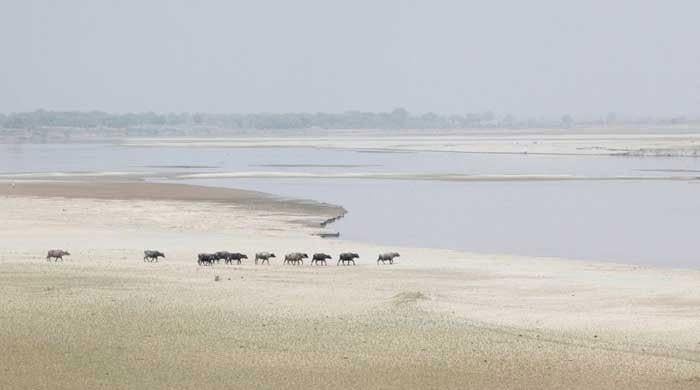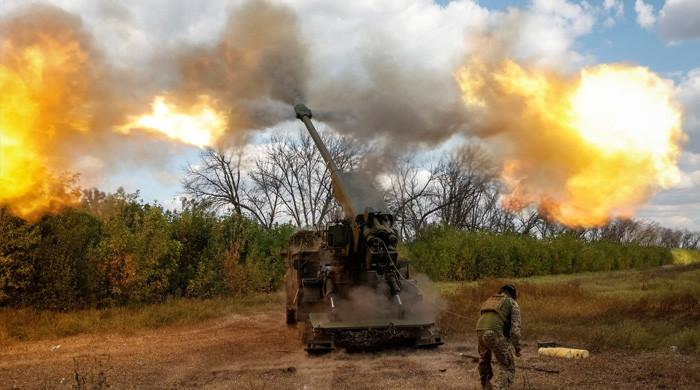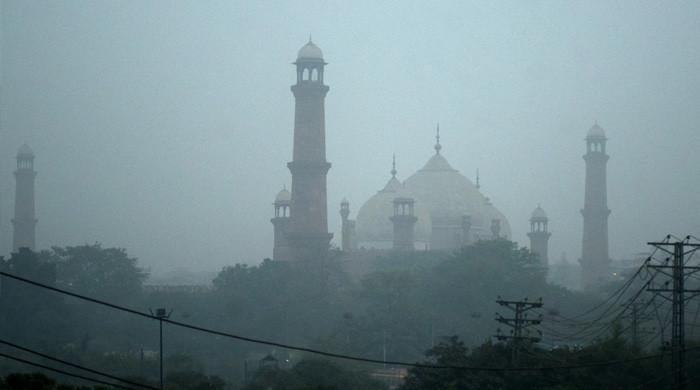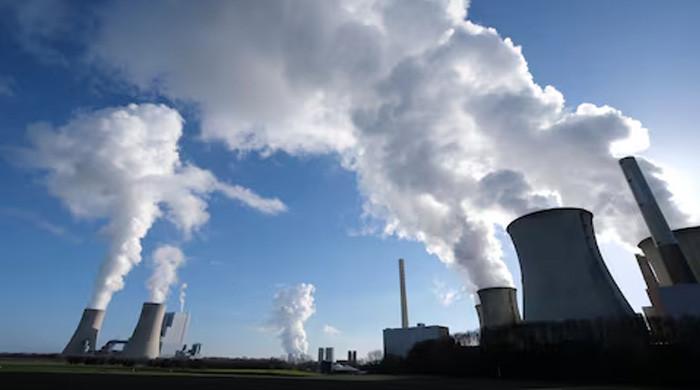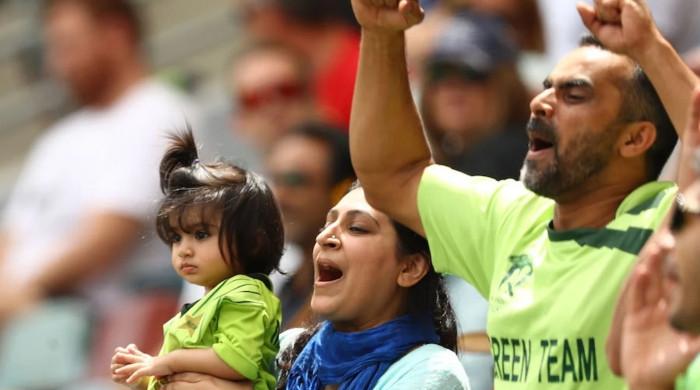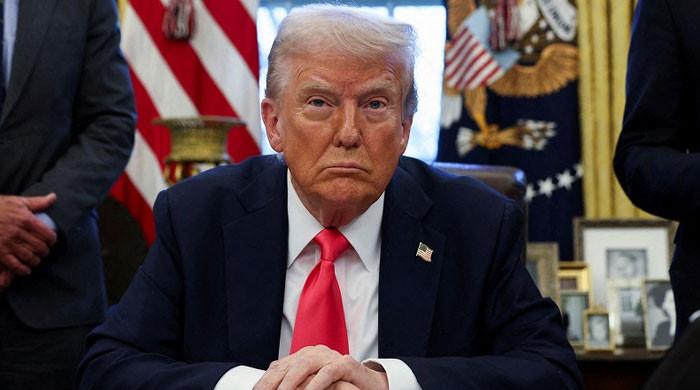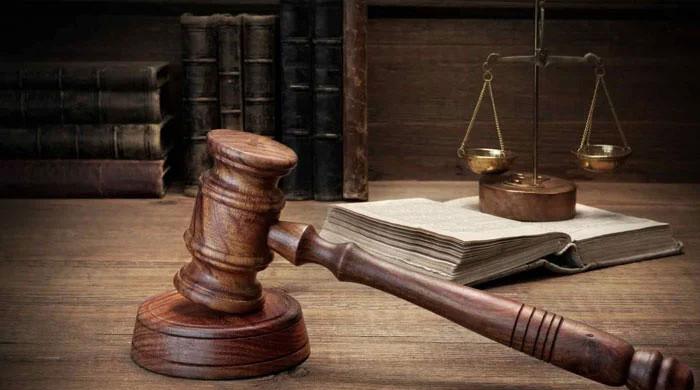Pakistan needs a new social contract between the citizens and the state
With 2% of elites filling politics by repeatedly taking turns, 98% of people are unable to relate to the jargon office-bearers of state present
April 18, 2022
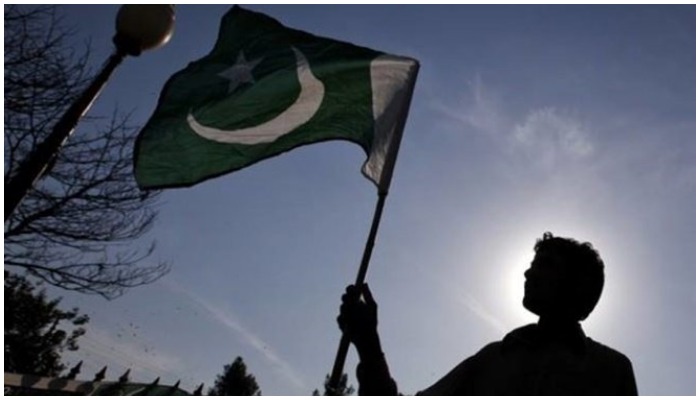
Pakistan has become a quagmire of irrelevant, baseless and unimportant debates in politics. From electronic to social media, all one sees and hears is the same arguments about the decline of democracy, constitutional crises, elections, neutrality and proceedings of parliament.
None of these has any relevance to the lives of labourers, academics, the middle-class population or the students of Pakistan. To say that this daily dose of chaotic political circus is hostile to more than 90% of the country’s population is no exaggeration. These episodes of quarrelling between parties and politicians have sparked debates around social media and have polarised the narrative. Some students and activists have taken sides, with each group calling the other traitors.
Amidst all these hot debates, a statement by former PTI minister Fawad Chaudhry said that Pakistan as a state functions on the rule of separation of power and, by this argument, the Supreme Court cannot intervene in the proceedings of parliament. Before going into a theoretical argument about what is the separation of power and what it has to do with people’s lives, and why the government and the people are isolated from each other, one should establish some concrete grounds to define the role and responsibilities of the state and the duties of the people towards it so that we can analyse what we owe to Pakistan and vice versa.
In the classic viewpoint, the state’s duties and responsibilities are to safeguard the rights of citizens, ensure rule of law, provide justice, maintain equality, and improve the standard of living of its citizens by fulfilling the fundamental needs of people including shelter, food, water and so on.
The citizens’ responsibility in response is to pay taxes, submit their will to the sovereign, give consent to the laws and values of the state and face trials if they commit any injustice or violate any law. This is an agreement of a citizen of Pakistan with the state of Pakistan and this agreement is documented in the Constitution. However, unfortunately, we have abundant evidence to testify that Pakistan’s governments and Pakistan as a state have failed to secure this agreement.
A 6.28 score in the criminality index in the global crime rate alarms us. With a poverty percentage of 5.4% and more than two million people living below the poverty line, Pakistan as a state has failed to ensure equality, economic sustainability and stability in the living standards of common Pakistani citizens. This decline has been happening for a long time; even after the change of faces and systems, Pakistan has failed to establish sustainability and peace.
All this is proof that there is something fundamentally wrong with the apparatus of the political system that is causing panic, scepticism, intolerance and pessimism among the people. The facts delineate that the very existence of the people is in question in Pakistan and yet we witness wrangling of individuals on technicalities and win/lose arguments in elections on television or social media. No government has ever accepted their apathy to the issues that affect the lives of the majority because no one has ever questioned them.
Simply observing the degree of suppression, inflation, over-taxation, silencing of dissent, climate chaos, profiting from the miseries of the poor and violations of severe human rights in Pakistan can give us a hint about how these circus shows have made people ignorant of their agreement to the government.
Every state runs on the theory that Fawad Chaudhry pointed out: the separation of power. The state consists of three organs: legislative, executive and judiciary (though some believe the media to be the fourth). All of them have roles, duties and responsibilities defined under the Constitution. The theory says that no organ should intervene and meddle in the affairs of another domain but they should cooperate so that the balance of the state is maintained. This is called separation of power in political science and it is the very heart of democracy.
Legislative powers are for parliament and provincial assemblies where representatives elected by ordinary people assemble for lawmaking that would be in favour of their constituency, or in other words, relevant to their daily lives. The federal cabinet along with the bureaucracy, law-enforcement agencies, military, coast guard etc, comes under the domain of executive powers. Their main task is to maintain law and order, while the judiciary ensures justice, checks on the Constitution and upholds the values of civil society.
This theory further elaborates the structure and decentralisation of power from the federation to the provinces to secure the budget share for the common people, a say of the people in foreign policy, regional representation of people in the federation and so on. This separation of power and democracy is only relevant to people if they have a share of opinion in federal politics – and it can only happen if the federation is voluntarily decentralising its powers to let legislators do their job, keep an eye on executives and let justice prevail by not pressuring the judiciary in any manner.
In brief, then, the separation of power theory is indeed a core element of democracy and rule of the people – placing people’s agreement with a state as a priority because, without people’s consent, no theory can be applied in a state whatsoever. But, the 2% of elites filling the spaces in politics by repeatedly taking turns as legislators and executives make it almost impossible for 98% of the people to relate to any of the jargon the office-bearers of the state present. There is never a word of alternative system from them; what we hear is only their demand for their personal share in the system.
The whole apparatus of this state has to be restructured. It has to decentralise its authority among students, academics, labourers, farmers and the middle-class and has to give to the people what the state owes in terms of shelter, food, clothing and basic human rights, if this cannot be done, then the people who run this system collectively nullify the legitimacy of the law, which leads to the death of democracy – and without democracy, there is no separation of power.
People, on the other hand, have to acknowledge that all the misery and suffocation they feel has to do with their isolation from politics, and if we mention politics it doesn’t mean taking a side in a polarised narrative of the elites but implies demanding fulfilment of the fundamental contract they have with the state. That includes the demand for free education, unionisation, and maintenance of law and order with no exception to the elites. The state has to give space to academics in economics, statistics and business so they can solve the problems of unequal distribution of wealth.
Students are the only hope for sustained politics and giving them the platforms of unions to practise the skills of organisation could be the only way out of turbulent political chaos. Subsidisation and giving smart technologies to farmers and labourers can make Pakistan cope with the decline in production rates. Taxes on elites and mafias only can relieve Pakistan from corruption, over-taxation on the working class is not only unjust but inhuman.
This has to be the new social contact of Pakistan and whatever is happening beyond that contract and beyond the idea of sharing powers with the working class, becomes absurd — and it doesn’t matter who sits on the throne of the federation.
Twitter: @WaqasAalam
Originally published in The News




